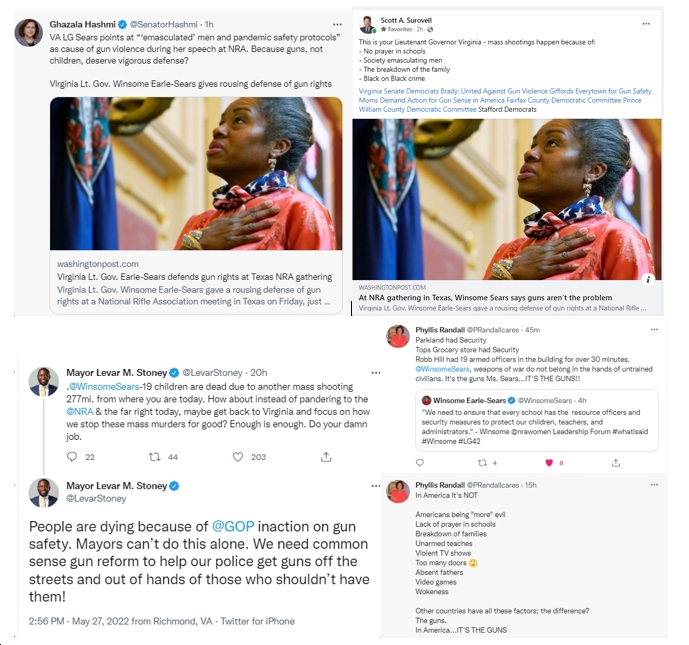Sponsored Content
By Peter Billings of Billings and Barrett, LLC
A controversial new gun law, signed by Governor Dannel Malloy, will go into effect for the state of Connecticut on October 1, 2016. The law gives police and state officials the right to take away a person’s firearms if they have a temporary restraining order filed against them.
Because gun violence and the control of firearms have become hot button issues nationwide, Connecticut Democrats are declaring this a victory for common sense gun safety measures. They are hoping that other places, like Virginia, will enact similar legislation in order to protect their people and send the message that gun safety is a requirement and not a luxury.
This piece of legislation was formulated because of a recent shooting involving a Connecticut resident, Lori Jackson Gellatly of Oxford, Connecticut, who was murdered by her husband after she filed a temporary restraining order against him. She was shot and killed while waiting for courts to grant her a permanent restraining order.
The murder of Lori Gellatly prompted her family and domestic abuse advocates to campaign for this legislation to be passed. They feel that people in these positions are particularly vulnerable and need the fullest protection possible under the law. The link between domestic abuse and firearm usage is something that could not be ignored and could be practically addressed by signing this bill into law.
Advocates are also pleased with Governor Malloy because they recognize the volatile emotions that are often at play when dealing with domestic abuse. In some cases, when a temporary restraining order is filed, it can be the first instance where a person realizes there is a problem between them and that particular individual. In these types of situations, you never know how a person will react, and having a firearm nearby can prove really dangerous and potentially deadly.
Connecticut advocates and gun safety supporters want to make sure situations like these cannot happen and are pleased with the steps taken to help prevent them from happening in the future.
On the other side of the coin are the gun rights supporters, who feel that this law takes away due process from gun owners and may also endanger the very ones Democrats say they are trying to protect. The supporters think many of the people filing the temporary restraining orders are actually the abusers in domestic violence situations. So, by having this law in place, they argue, you are taking the firearms from the people who may need them the most.
Scott Wilson, Sr., president of the Connecticut Citizens Defense League, says that “there are a lot of false claims made by filers,” and that the percentage of temporary filings not becoming permanent restraining orders is proof of that claim.
In terms of due process, critics of this new gun law feel that by simply forcing people with temporary restraining orders to hand over their guns, you are taking away people’s rights to fair treatment under the law. They are saying that due process happens after steps have already been taken, and that the reasonable threshold which is required for the government to take action over people’s lives is not being met. Mr. Wilson also believes that there was previous legislation already in place that protected people who were suffering from domestic abuse. He and the gun rights supporters feel that this law is overstepping the boundaries of what is appropriate, and may actually harm the citizens of Connecticut in the long run.
Proponents of Connecticut’s new gun law say that the legislation has already been passed in over 20 states, and that the issue of due process has not been raised in any of those cases. They say that whenever an opportunity comes to help potentially save lives, then the necessary steps must be taken to ensure that happens.
They argue the gun lobbyists are complaining about firearms being taken away and are completely missing the point in the process. The issue they are trying to tackle is the further protection of victims of domestic abuse and not about guns in the least.
They are also trying to send a message to the rest of the nation that there are practical solutions to the big gun issues that many states are afraid to tackle. For example, Virginia has several gun laws on the books concerning domestic violence abuse, but none of them take it as far as having the individuals who are slapped with a restraining order turn over their guns.
That is the message that this Connecticut law is sending; that there are further steps that can be taken in order to tackle the problem. States like Virginia can do more, and by showing that this Connecticut law can be successful, maybe it will influence other states into taking necessary action.


















